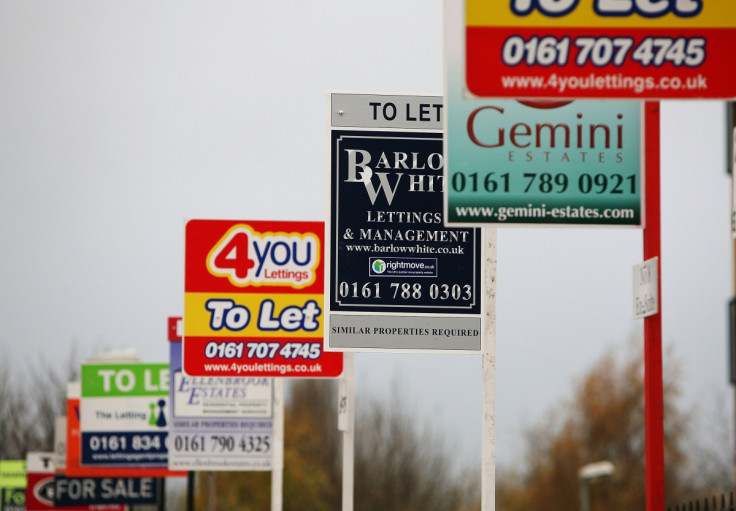UK housing: Private rents rising faster than earnings in England

Private rents across England are rising faster on average than pay, according to official figures. The Office for National Statistics (ONS) said private rents grew by 2.8% on average in the year to February 2016.
But average weekly earnings in Great Britain are increasing by only 2.2%. Moreover, those reliant on welfare payments to top up their incomes are hit by the government's 1% cap on benefit rises under its austerity programme to close the deficit in public finances.
In London, the East, and the South East of England, rents are growing fastest. In these areas, there is heavy demand against a limited supply of private rental housing. London saw private rents rise by 3.8% in the year to February, said the ONS, the fastest of all regions. The East recorded 3% growth and the South East 2.8%.
The most recent regional pay statistics are from the Annual Survey of Hours and Earnings (ASHE) for 2014-15, compiled by the ONS. Median full-time weekly earnings, pre-tax, were flat across the year in London, the lowest of all English regions, putting serious pressure on renters' finances. In the East, earnings rose 2.7% and in the South East, by 1.9%.
However, across other English regions, where there is less of a housing-supply problem, earnings are growing faster than rents. In the North East, private rents rose 0.9% in the year to February, the slowest of all regions. But the ASHE reported full-time weekly earnings growth of 2% in the North East.
Landlords are the target of a number of tax hikes by the treasury as the government seeks to help more renters onto the property ladder by cooling off the buy-to-let market. From 1 April 2016, all purchases of additional property will be subject to an extra 3% levy on top of the basic stamp duty rates.
Existing landlords have already had tax reliefs for maintenance and mortgage interest costs cut. But landlord groups warn that such efforts will make renters worse off by reducing the supply of rental property and so raising rents still further.
There are 4.3 million households renting privately in England, according to the English Housing Survey, or 19% of all households. And a further 3.9 million, or 17%, live in the social rented sector.
© Copyright IBTimes 2024. All rights reserved.






